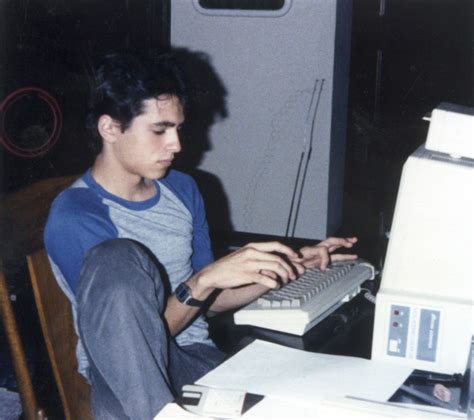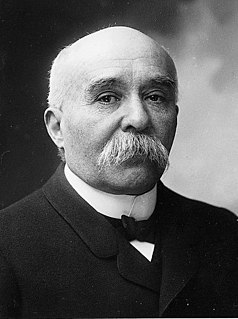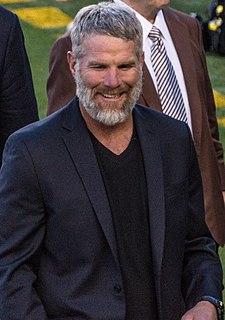A Quote by Jamie Zawinski
Your "use case" should be, there's a 22 year old college student living in the dorms. How will this software get him laid?
Related Quotes
My 4-year-old son prays every night for his best friend who is the same age - our next door neighbor in Liberia, a little Liberian boy: 'Dear God, please don't let him get Ebola.' I'm proud of him for thinking about his friend and praying for him but that's not a prayer that a 4-year-old should have to consider.
Testing by itself does not improve software quality. Test results are an indicator of quality, but in and of themselves, they don't improve it. Trying to improve software quality by increasing the amount of testing is like trying to lose weight by weighing yourself more often. What you eat before you step onto the scale determines how much you will weigh, and the software development techniques you use determine how many errors testing will find. If you want to lose weight, don't buy a new scale; change your diet. If you want to improve your software, don't test more; develop better.
At a time when the average student is graduating from a four-year college $27,000 in debt, when hundreds of thousands of capable young people no longer see college as an option because of high costs and when the U.S. is falling further and further behind our economic competitors in terms of the percentage of young people graduating from college, no agreement should be passed which, over a period of years, makes a bad situation worse and will make college even less affordable than it is today.
A university is a reading and discussion club. If students knew how to use the library, they wouldn't need the rest of the buildings. The faculty's job, in great part, is to teach students how to use a library in a living way. All a student should really need is access to the library and a place to sleep.
[Eric]Goldman [a professor at Santa Clara University School of Law] says back in the 1990s, courts began to confront the question of whether software code is a form of speech. Goldman says the answer to that question came in a case called Bernstein v. U.S. Department of Justice. Student Daniel Bernstein who created an encryption software called Snuffle. He wanted to put it on the Internet. The government tried to prevent him, using a law meant to stop the export of firearms and munitions. Goldman says the student argued his code was a form of speech.
You can revisit - the wonderful thing about my job is you can revisit your 22-year-old self or your 24-year-old self any particular night you want. The songs pick up some extra resonance, I hope, but they're still - they're there, and I can revisit that period of my life when I choose. So it's quite a nice experience.





































